A New Approach to Healthy Eating
It has been about six months since my first blog post when I talked about focusing on how foods make you feel instead of following strict rules from the latest trendy diet. This week I wanted to take that notion a step further and focus on adding to each meal rather than taking away. I’m talking about stepping away from tracking every fat, carb, protein, and calorie, taking a deep breath, and focusing on the nutrients, peeps.
I am a member of several workout forums on Facebook and literally every day there are questions about how many calories to consume or what macro profile to follow to obtain an ideal body. I see questions about whether it’s possible to achieve good results without following those guidelines and comments about a desire to let go of tracking. But people are afraid to let go. They have goals and for many tracking macros is a helpful way to make sure the body is getting a healthy balance of fat, proteins, and carbs. But it’s also an exhausting way to think about food before every meal. And what if you go out to eat or for whatever reason don’t reach your perfect predetermined macro profile that day? That sends the message of failure. But is it? Isn’t food supposed to be fun? And delicious? And relaxing even?
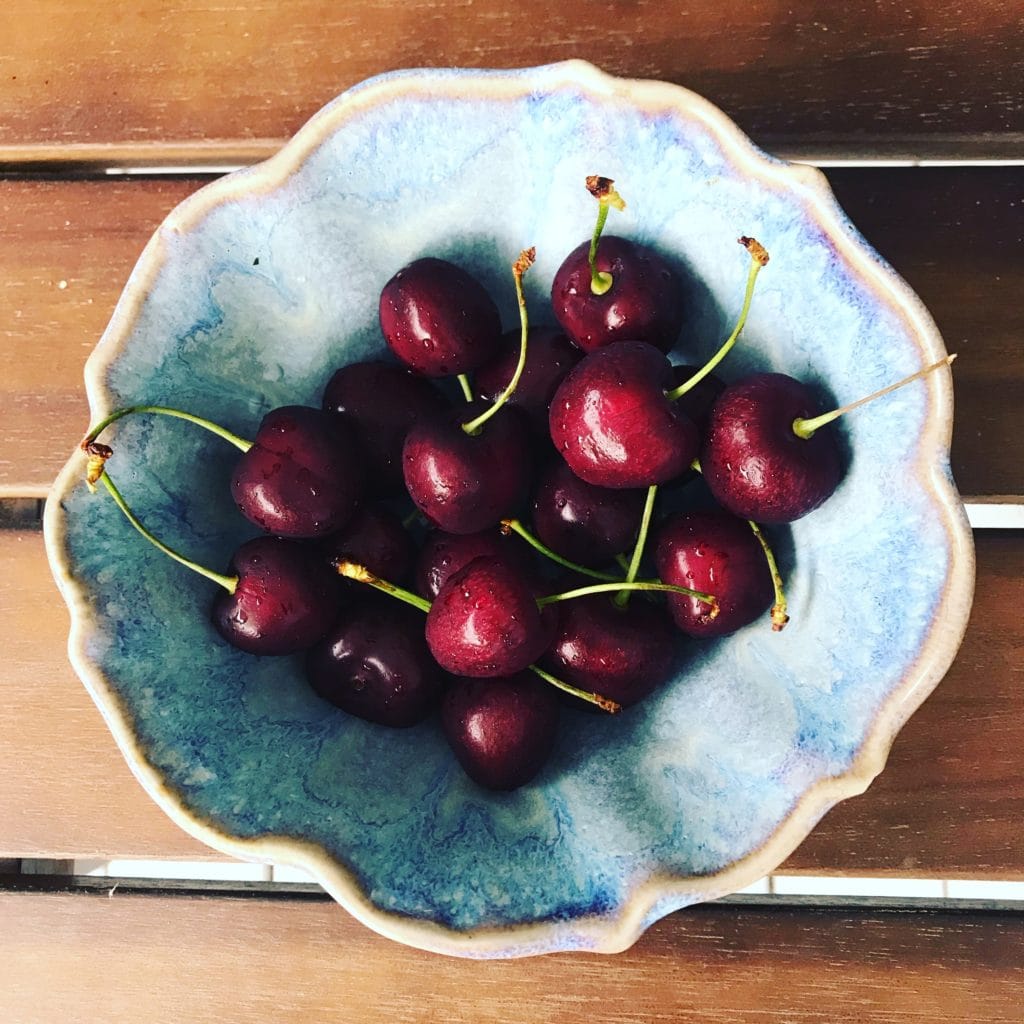
Food is supposed to provide nourishment. It’s supposed to fuel us and give us energy for our crazy hectic lives. It’s not supposed to drain energy because every morsel consumed needs to be documented or analyzed. That seems hella stressful. And complicated. Keep in mind that perfectly meeting macro requirements doesn’t always equate to health and feeling your best. If those goals are being met with packaged products like protein powders and snack bars does that really leave you feeling awesome? What if instead the focus was on how many nourishing ingredients were in your meal?
For any macro or calorie counter out there who is feeling great and loving your system: that’s awesome. Keep on keeping on. If you have a system that’s working for you and making you happy that’s awesome. I think counting macros/calories can be a great place to start for people trying to figure out what their body’s requirements are. For others I think macros can become obsessive and feel like a necessity rather than a guide. I’ve never gone down the tracking road because I know myself. I’m type-A and I would get obsessive in making sure I was achieving my exact numbers each day. That doesn’t sound fun at all. Or healthy.
Focusing on the Micronutrients
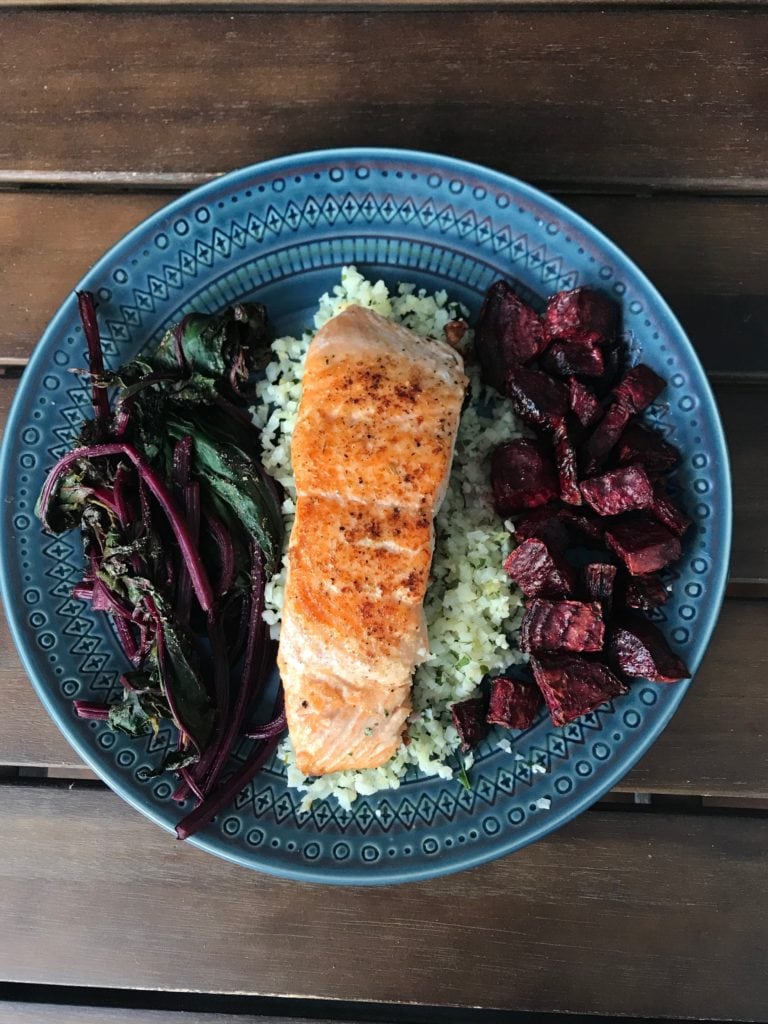
This whole little semi-soap box moment I’m having was triggered by a dinner last week. It was packed with many of my favorite foods: salmon over a bed of cauliflower rice with roasted beets and sautéed beet greens. (NEVER throw out your beet greens..so good). It was delicious. And as I was eating it, I was thinking how awesome it was that my satisfying and flavorful meal was a powerhouse of incredible micronutrients that were supporting my body to be strong and healthy. Is that a normal thing to think about when eating? Perhaps no, but I’m a little weird which I think we’ve established.
Since I’m a nerd and was curious, I decided to look up the different foods to see what benefits they provided. And since you’re now reading (or at least you were..) I’m going to have you play “Google Your Food” along with me. The statements below are from a basic Google search and not from scouring peer reviewed journals because this is supposed to be fun and quick, k?
Benefits of Salmon
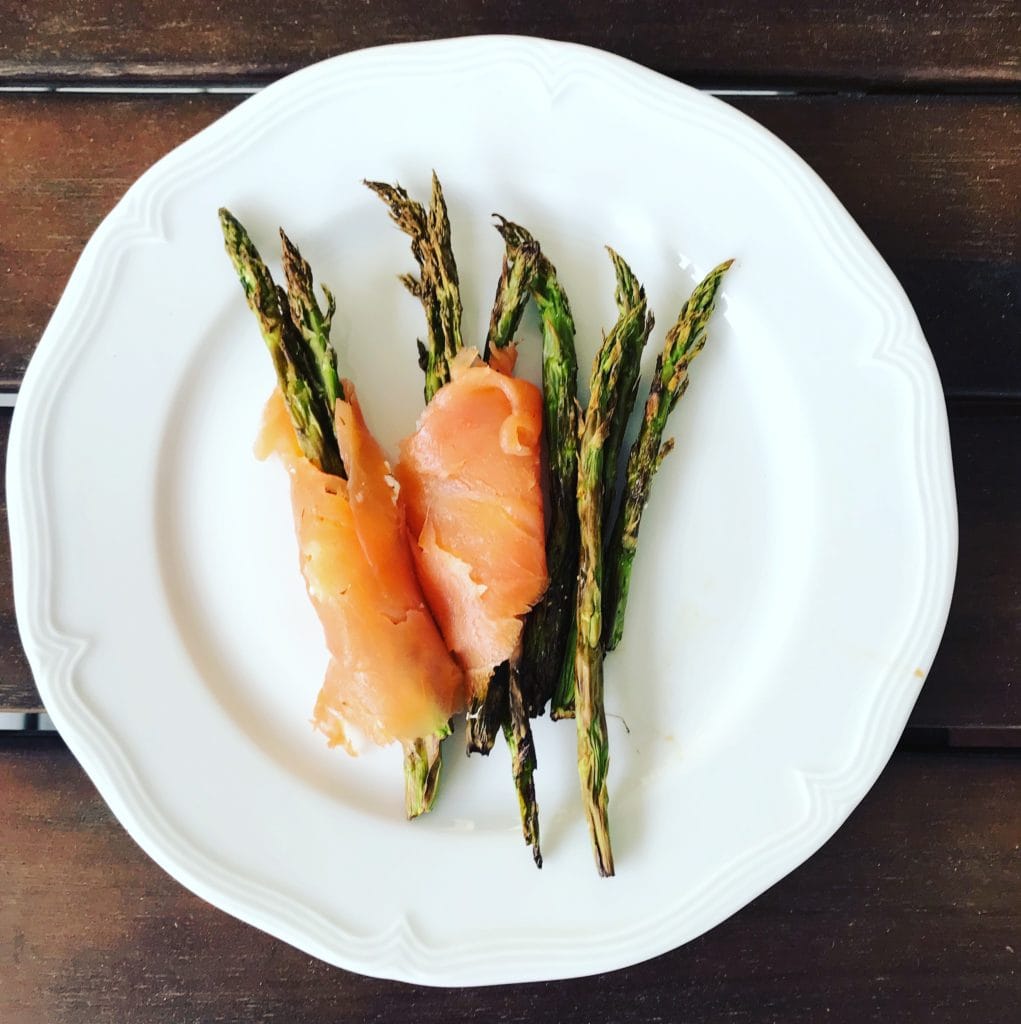
True to my Mainer roots, I love seafood. My absolute favorite fish is salmon. It’s so flavorful and satisfying that I literally crave it every week. Which means I eat it every week. The good news is that’s okay. This fish is high in protein and loaded with healthy fats in the form of omega 3 fatty acids. Omega 3’s are rockstars. They support the heart, brain, eyes, skin, and joints. That pretty much covers the entire body head to toe.
Salmon is also rich in B vitamins. B vitamins are kind of big deal in that they’re crucial for a number of processes that help the body to function properly. They help to provide energy, support the immune system and brain function, produce hormones, and protect against heart disease (among other things).
Salmon provides a nice dose of potassium which helps to lower blood pressure and prevent water retention (good-bye bloat). It also contains an antioxidant called astaxanthin that has a ridiculously long list of benefits. It’s majorly anti-inflammatory and can improve endurance, strength, and muscle recovery. It’s also awesome for skin and may even help prevent skin damage and promote skin elasticity. And no big deal but it also reduces the risk of heart disease and protects the brain. I could keep going on other health benefits, but I think we’ve covered that salmon’s pretty great. Let’s keep swimming along.
Benefits of Beets
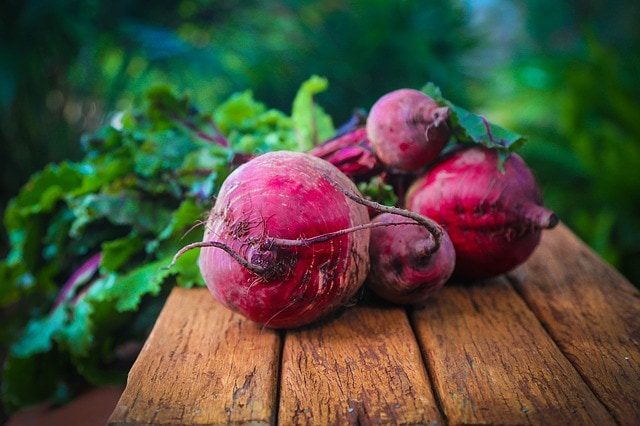
Beets are like a superhero: they seem unassuming at first but they really have super powers. You can expect to find Beet Girl in the next Marvel movie. Kidding. Though there is an Ant Man so is this really that far fetched? If Beet Girl was a thing she would be an incredible athlete with amazing endurance. She would also be wicked (Mainer roots are going strong today) smart.
Beets are packed with nitrates which are legit awesome. I was surprised to find that there are a number of studies demonstrating that drinking beet juice boosts athletic performance including increased endurance and improved muscle efficiency. Blood nitrate levels are highest (and the benefits most pronounced) about 2-3 hours after consumption. After reading up on this wonderful root vegetable I’m seriously considering drinking beet juice the next time I’m trying to PR in a 5k. The things you learn when Googling your food…
The athletic benefits really caught my interest, but the benefits don’t stop there. Beets also can improve mental and cognitive function by increasing blood flow to the brain and lower blood pressure (thanks again to the nitrates). They improve digestion (yay fiber) and their pigments and antioxidants are anti-inflammatory and may even have anti-cancer properties. In summary, beets are the bomb.
Benefits of Cauliflower
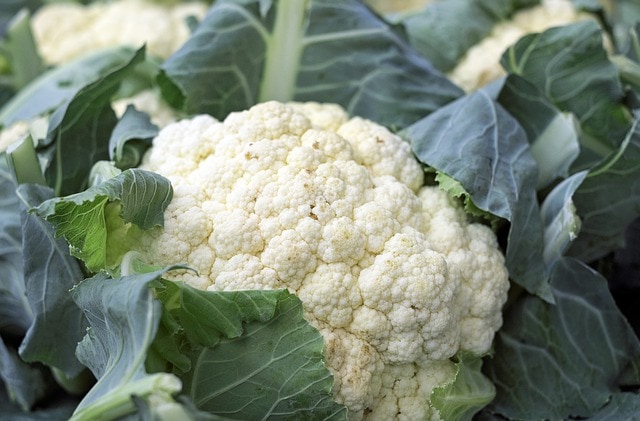
Cauliflower is magical in that it can turn into anything. Now that I can get riced cauliflower at ALDI it’s one of the easiest vegetables to cook and add to just about everything. It’s a super simple side dish or base for a faux-rice bowl. Just this week I also had it in the form of this healthier version of arancini balls (I changed the recipe a little with my version, but highly recommend giving it a try) and in a plant based dairy-free queso dip I’ll be sharing soon.
Every time this cruciferous vegetable is added to your meal you’re getting a heavy dose of anti-oxidants. It’s anti-inflammatory, promotes brain health, improves digestive, and may even have anti-cancer properties. For something that takes less than 5 minutes to prepare that’s a whole lot of awesome benefits.
Fueling Your Body And Mind With Goodness
In one epically delicious meal I fueled my body to help protect against cancer, decrease inflammation, supported my heart, GI tract, and brain, and even boosted endurance and energy levels. That’s amazing.
So does every meal have to be super charged with goodness? Of course not. But what if you focus on adding some of these nutrient power houses to meals instead of focusing on what you can’t or shouldn’t have. Chances are if you’re filling your plate with a variety of real foods and paying attention to whether those foods make you feel good you’re going to be on track for a balanced diet. And it might even be enjoyable and taste good.
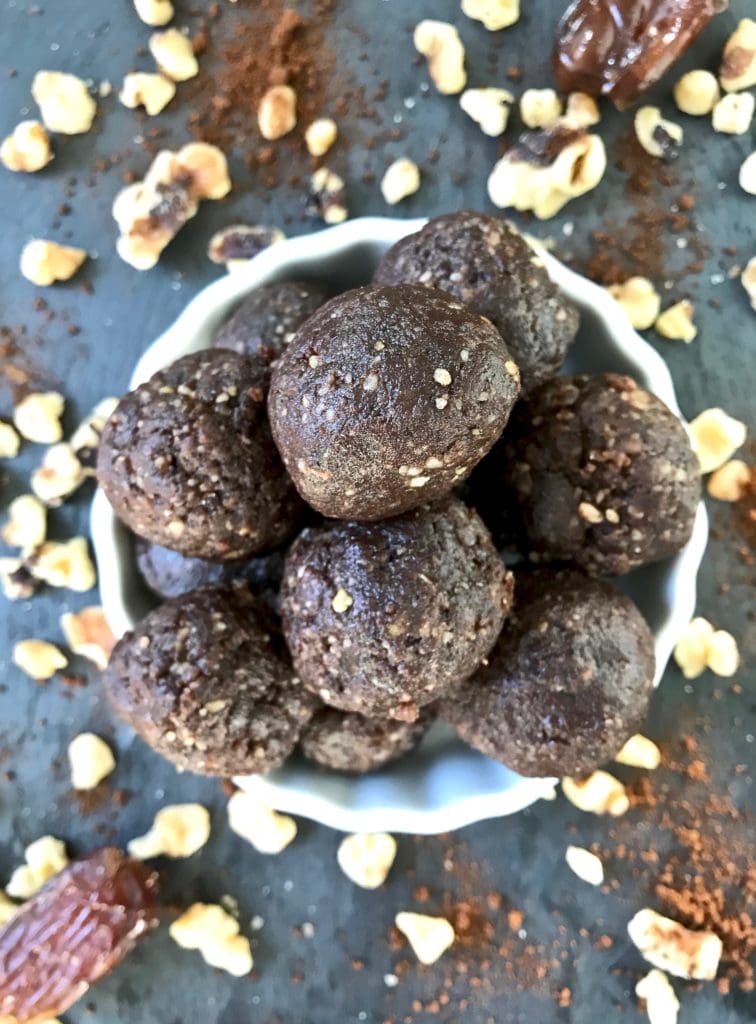
There are so many ways to prepare vegetables, so experiment to find what you love! Steamed zucchini is pretty boring but zucchini roasted into chips, spiralized into zoodles, or shredded into a salad are way more appealing options. Needing a chocolate-y afternoon pick me up? Try what I like to consider my brain brownie bites. Those amazeballs are packed with walnuts, cocoa, and dates which are incredible for brain health. They taste absolutely decadent while boosting your brain and not your blood sugar (dates don’t cause a glucose spike like sugar).
Speaking of sugar and chocolate, those aren’t off the table. Nothing is! One of the days I was writing this post I had a beautiful slice of chocolate zucchini cake leftover from Matt’s birthday. I know it sounds healthy because there’s a vegetable in the name, but I assure you it is not a health food. It IS pretty awesome that it includes a vegetable and some other beneficial foods like greek yogurt, cocoa powder, and eggs. BUT it also has plenty of sugar and white flour and was topped with store-bought chocolate frosting with a host of bizarre ingredients.
It was exactly what I wanted in that moment and it made me happy. But I also noticed it was harder to fall asleep that night and for the next few days I was craving sugar which is no longer typical for me. Since I didn’t want to hop on that sugar-craving train, the next night I fed that craving with fruit. Did I want cake in that moment? Sure. But I also wanted to have restful sleep and there were other appealing real food options I turned to instead.

Vacations are another time to relax and appreciate food. It’s great to focus on dishes with real food that are going to make you feel good, but it’s also important to enjoy the moment and experience the culture around you. Chances are if you listen to your body after a week of a little more sugar and alcohol your body is going to be craving those nutrient rich foods once you get home. It’s about balance, not perfection.
The Popeye Approach
When you were a kid did you ever think about Popeye when spinach was on your plate? While I wasn’t in love with steamed spinach at that point in my life focusing on how it was going to make me stronger made me way more enthusiastic to finish my plate. Ditch the calorie and macro counting and find your inner Popeye.
If you’re going to be thinking about the food you’re eating, I’d like you to try a month of only considering these two things:
- Does this meal contain real food with benefits that are fueling my body in a healthy way?
- Do I like how I feel after eating this?
If you spend 30 days eating meals that answer “yes” to those two simple questions, I can almost guarantee you’re going to love the way you feel.
My hope is that this encourages a shift from tracking and rules and back to the basics. Eat real food. Enjoy your food. Learn about what amazing benefits your food is providing for your body and eat more of those. Have fun trying new foods and discovering your favorite way of preparing them. When your focus turns to fueling your body with amazing food and listening to how it feels it’s not just the physical body that benefits it’s your mental well-being, too. So go take that deep breath, loosen up the reins, and sink your teeth into something epically delicious to fuel your body from the inside out.


Leave a Reply